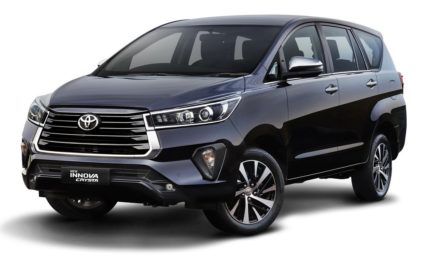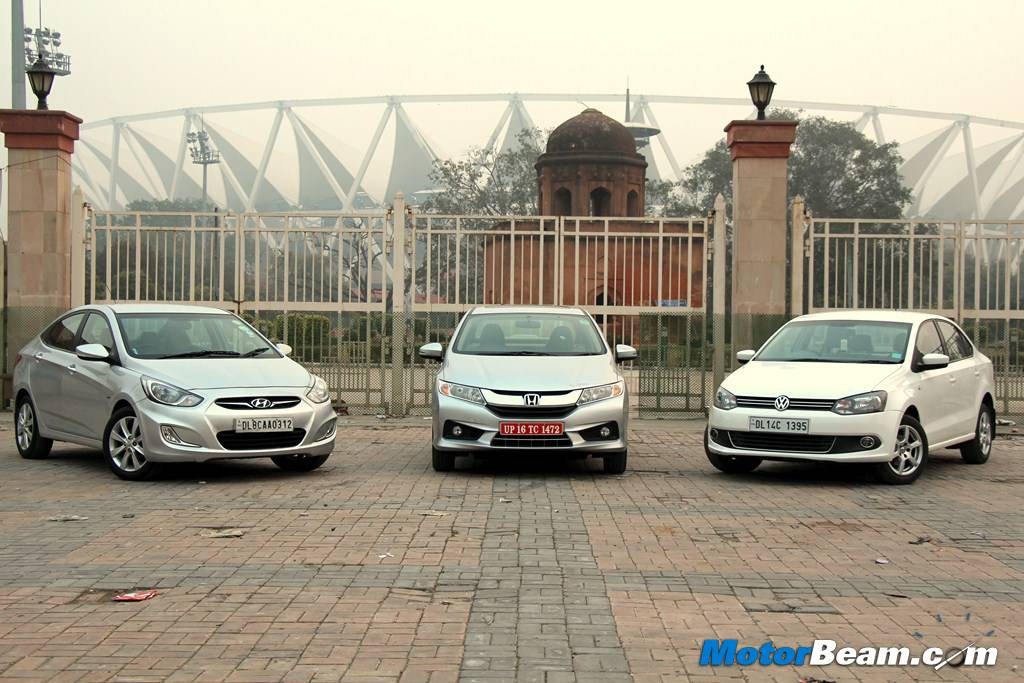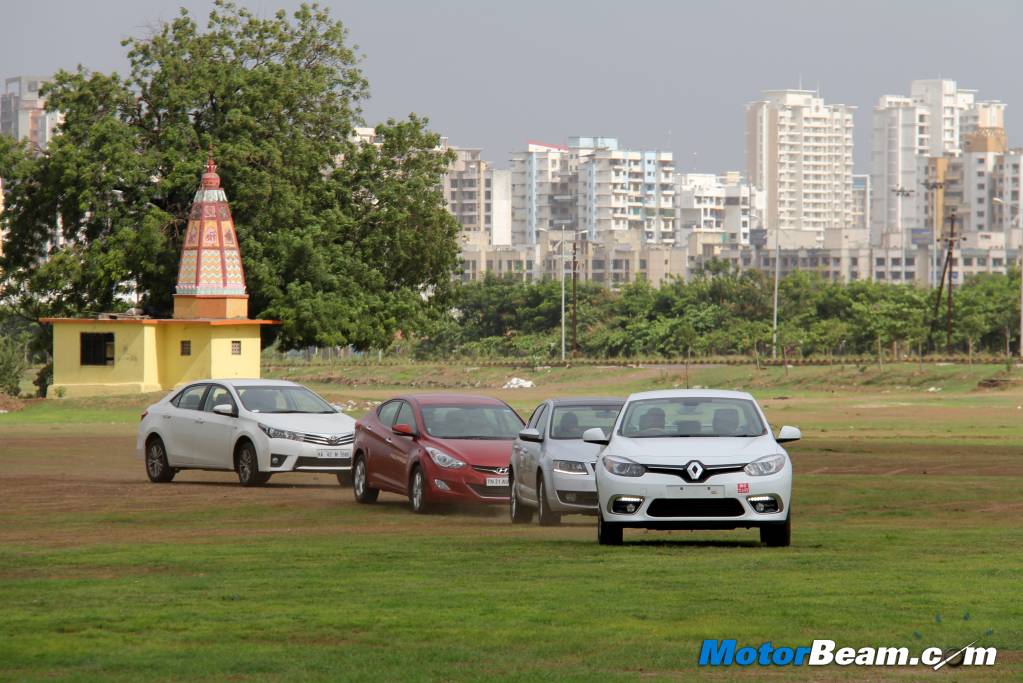
Indian government urges a shift towards cleaner mobility
In a bold move aimed at combatting pollution and reducing fuel emissions, Minister of Road Transport and Highways of India, Nitin Gadkari, announced his proposal for an additional 10% GST on diesel vehicles.
Speaking at the annual conference of the Society of Indian Automobile Manufacturers (SIAM) in New Delhi, Gadkari cautioned automakers of even higher levies if they continued to produce diesel vehicles.
The tax increase, if implemented, would see diesel vehicles subjected to an additional 10% Goods and Services Tax (GST) on top of the existing 28% tax rate, coupled with variable cess based on engine capacity.
Gadkari’s message to automakers was clear: “Say bye to diesel soon, otherwise we will increase so much tax that it will become difficult for you to sell these vehicles.”
Gadkari’s push for change is not new. In 2017, he urged auto executives to transition towards electric vehicles, stating, “I am going to do this, whether you like it or not. And I am not going to ask you. I will bulldoze it.” The Indian government has already incentivised electric vehicle sales with tax benefits, although EVs represent less than 2% of the country’s nearly 4 million annual car sales.
India’s transition away from diesel has been ongoing, with diesel vehicles now accounting for only 18% of the market, down from 50% a decade ago. Gadkari emphasised that, just as India enforced stricter fuel emission standards against industry resistance, it is prepared to raise taxes to phase out diesel vehicles.
Soon after the announcements at the press conference, Nitin Gadkari tweeted – “There is an urgent need to clarify media reports suggesting an additional 10% GST on the sale of diesel vehicles. It is essential to clarify that there is no such proposal currently under active consideration by the government. In line with our commitments to achieve Carbon Net Zero by 2070 and to reduce air pollution levels caused by hazardous fuels like diesel, as well as the rapid growth in automobile sales, it is imperative to actively embrace cleaner and greener alternative fuels. These fuels should be import substitutes, cost-effective, indigenous, and pollution-free.”




